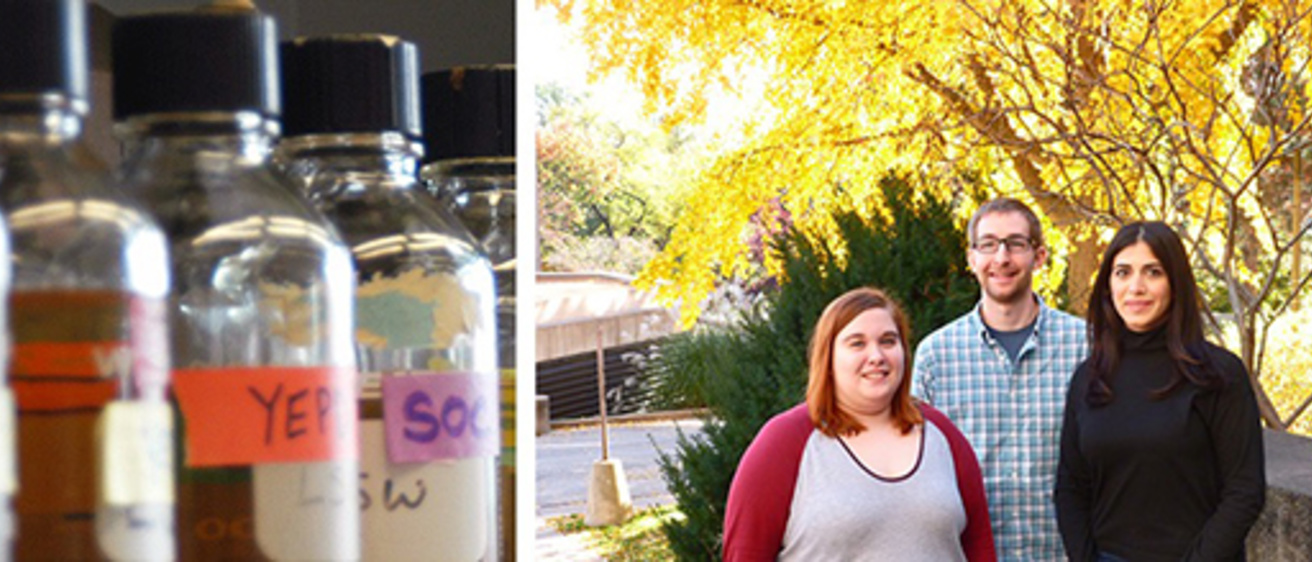Ashley Brate has received the Graduate College Post-Comprehensive Research Award. Multiple Sclerosis (MS) is an autoimmune demyelinating disease of the central nervous system characterized by the infiltration of immune cells across the blood-brain barrier. Studies from our lab demonstrate that CNS-specific CD8+ T cells possess a disease-ameliorating function in MS and are even protective in the mouse model of MS, experimental autoimmune encephalomyelitis (EAE). Interestingly, this suppressive function of CD8+ T cells is deficient during MS relapses and is restored during quiescence, suggesting that lack of CD8+ T cell mediated regulatory function may lead to relapses in MS. My project aims to investigate this by evaluating the role of CD8+ T cells in the context of the relapsing-remitting model (RR-EAE). This includes determining whether CD8+ T cells can prevent relapses in RR-EAE and exploration of the distinct phenotypic and mechanistic features of regulatory CD8+ T cells in RR-EAE.
Alexander W. Boyden has been awarded a Postdoc Travel Award for Fall 2016 by the University of Iowa Postdoctoral Association for his research in Nitin J. Karandikar’s laboratory. In studying the multiple sclerosis-like disease model experimental autoimmune encephalomyelitis, Alex hopes to fill knowledge gaps concerning how neuroantigen-specific CD8+ T lymphocytes regulate disease-causing CD4+ T lymphocyte responses in vivo, leading to amelioration of paralysis. Alex is also interested in the potential B lymphocyte interactions that may influence this regulation.
Farah Itani received the Ada Louisa Ballard and Seashore Dissertation Fellowship for the spring 2017 semester. This award is offered by the graduate college and provides an opportunity for doctoral students to benefit from a final semester of protected and supported time to focus on the writing of their dissertations. Ms. Itani is a PhD student in the Immunology program, doing her doctoral thesis work in Dr. Nitin Karandikar's laboratory. Her research focus involves using infection with Listeria monocytogenes to present CNS antigen endogenously to class I-restricted CD8 T cells, and gauging the subsequent response of those cells in inflammatory demyelinating disease.
